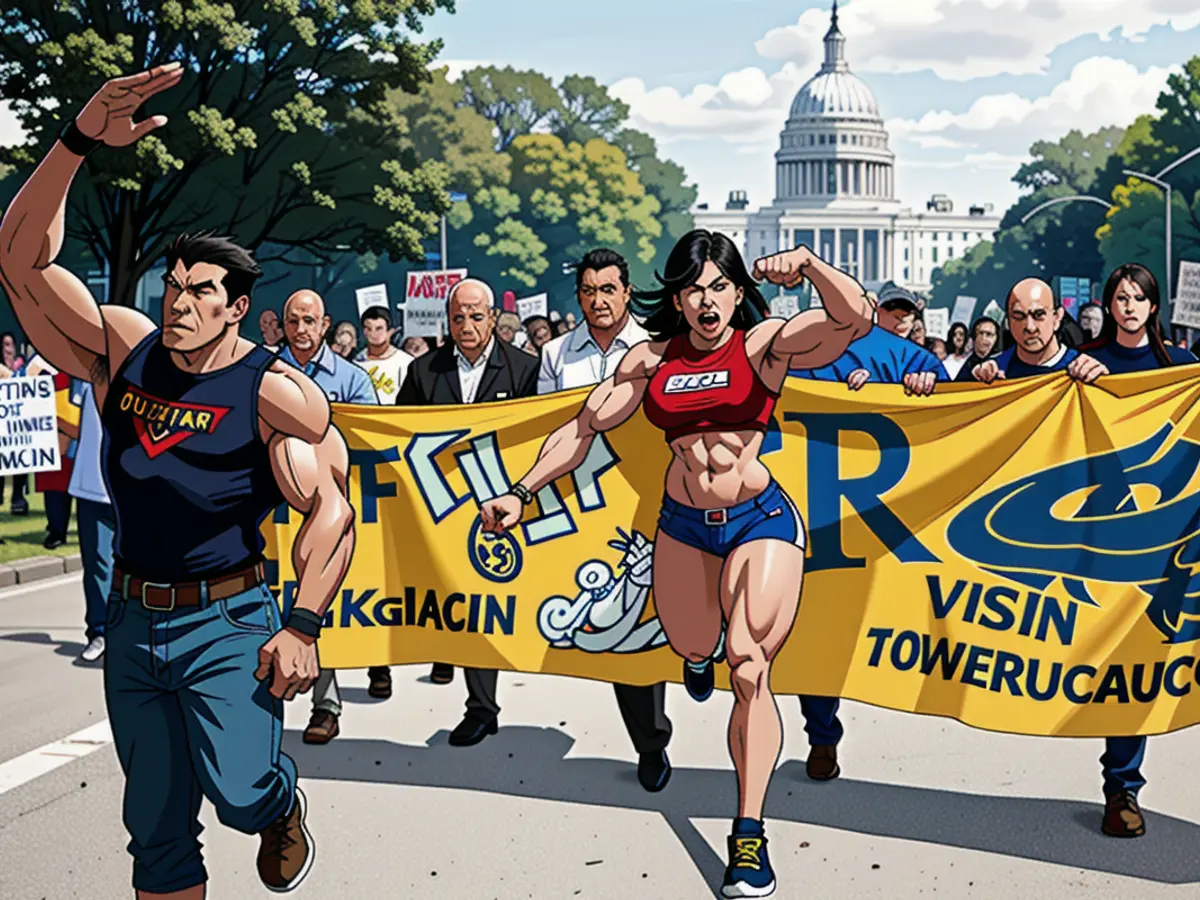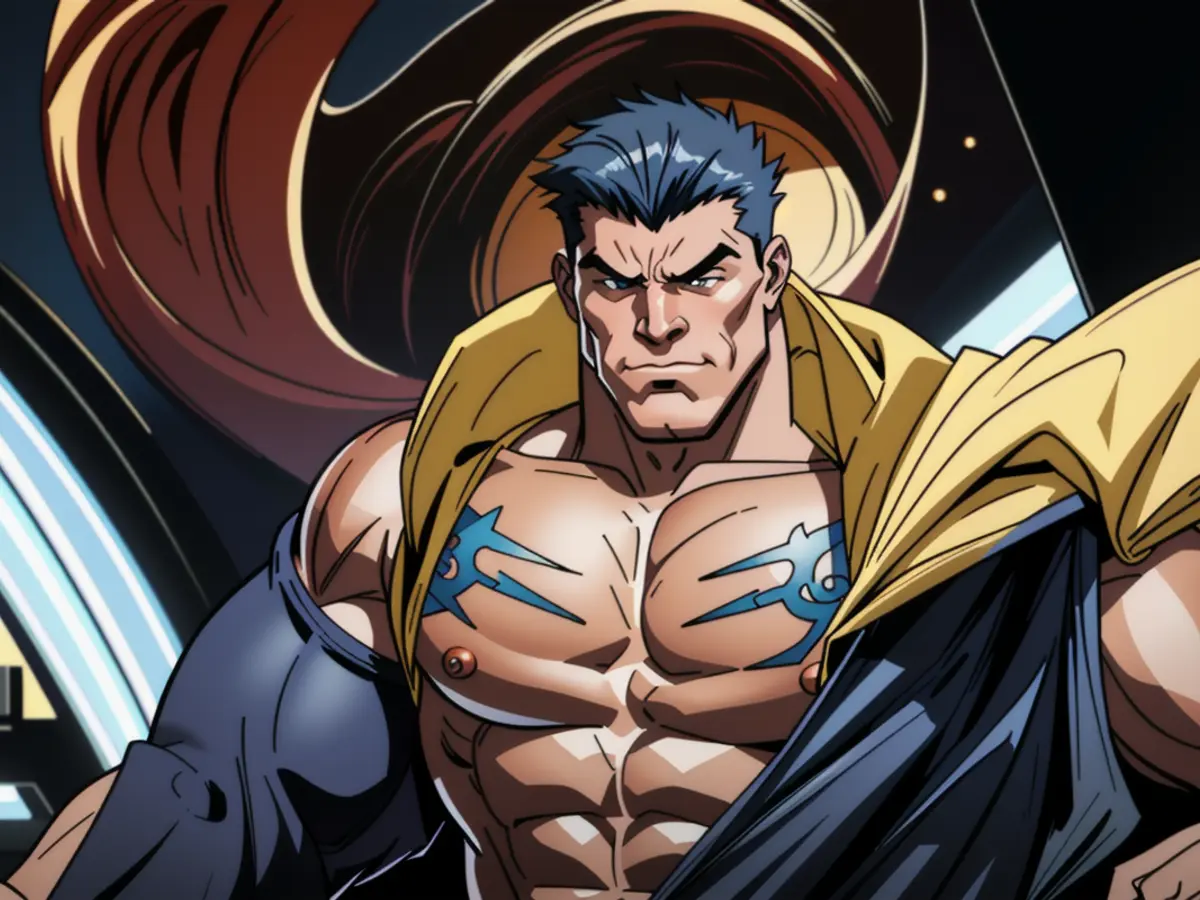Multi-million-dollar lawsuit between a major oil company and Greenpeace concludes; results may set precedents for future restrictions on free expression.
In a small courtroom in North Dakota, the explosive $300 million lawsuit against Greenpeace by Energy Transfer Partners is nearing its conclusion. This high-stakes legal battle, largely focused on the protests against the construction of the Dakota Access Pipeline near theStanding Rock Sioux Reservation, has significant implications for free speech and protest rights – potentially bankrupting Greenpeace's US operations and dealing a massive blow to these fundamental liberties, experts warn.
The lawsuit alleges that Greenpeace masterminded the protests, spread misinformation, and caused Energy Transfer financial loss through damaged property and lost revenues. With the case now in the hands of the jury, a Greenpeace loss could establish a dangerous precedent where anyone assisting in organizing protests could be held accountable for the actions of protestors, according to James Wheaton, the founder and senior counsel for the First Amendment Project. Some legal experts see the lawsuit as falling under the category of a so-called SLAPP (Strategic Lawsuit Against Public Participation) action, a tactic used to silence critics and encumber them with burdensome litigation, despite the existence of anti-SLAPP laws in dozens of U.S. states, excluding North Dakota.
President Trump's return to the White House has seen a wide rollback of climate and environmental policies, a strengthening of fossil fuel companies, and a crackdown on free speech. Some speculate that the lawsuit is part of this trend, as Energy Transfer's CEO, billionaire Kelcy Warren, is a key Trump donor who has publicly expressed hostility towards pipeline protestors in the past. The gas pipeline mogul, who once said protestors needed to be "removed from the gene pool," has been driving the lawsuit against Greenpeace for nearly eight years.
The protests against the Dakota Access Pipeline originated in 2016, with the Standing Rock Sioux fiercely opposing the pipeline, which they felt would endanger the Missouri River, their primary water source, and damage sacred tribal grounds. Thousands of people, including representatives from more than 100 tribes and numerous non-profits, joined the months-long demonstrations. Although their efforts were ultimately unsuccessful, and the pipeline began operating in June 2017, carrying around 750,000 barrels of crude oil daily from North Dakota to Illinois, the legal battle between Energy Transfer and Greenpeace continues.

Greenpeace argues that it played only a minor role in the protests, which were predominantly led by Indigenous communities, and that the lawsuit is an attempt to suppress free speech and dissent. In response, Energy Transfer claims that Greenpeace's organizing, funding, and encouraging of unlawful destruction of property, along with dissemination of misinformation, goes far beyond the bounds of free speech. Nevertheless, the jury is now deliberating on the verdict, which could have far-reaching implications for environmental activism and free speech rights.
Ironically, Energy Transfer's own actions have led Greenpeace International to file its own claim in a Dutch court using the European Union's anti-SLAPP legislation, seeking to recover damages and costs incurred due to Energy Transfer's lawsuits. Meanwhile, in North Dakota, it remains a tense wait for both parties as the jury ponders the fate of Greenpeace and the future of free speech and protest rights in the U.S.
- The ongoing lawsuit against Greenpeace by Energy Transfer Partners, centered around protests against the Dakota Access Pipeline and its impact on the Standing Rock Sioux, has potential implications for free speech and protest rights, particularly if Greenpeace is found liable for organizing unlawful activities.
- The case against Greenpeace could establish a precedent where any individual or organization assisting in the organization of protests could be held accountable for the actions of protesters, a concern raised by the First Amendment Project's founder, James Wheaton.
- In a reversal of roles, Greenpeace International has filed a claim in a Dutch court using EU anti-SLAPP legislation, seeking to recover damages and costs incurred due to Energy Transfer's lawsuits, highlighting the broader implications of this legal battle for environmental activism and free speech rights.





